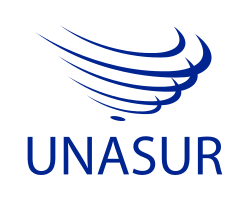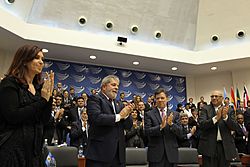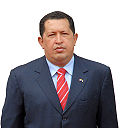| 2010 South American Summit | |
|---|---|
 | |
| Host country | Guyana |
| Date | November 26, 2010 |
The 2010 South American summit (officially the 4th Ordinary Meeting of the Council of Heads of State and Government of the Union of South American Nations), took place in Georgetown, Guyana on November 26, 2010. Eight heads of state and four foreign ministers of the Union of South American Nations attended the summit. During the summit, the leaders signed an additional protocol to the Constitutive Treaty, adding a democratic clause to the charter of the organization. [1] The Georgetown summit ended with the Ecuadorian president handing the UNASUR pro-tempore presidency for the next twelve months to his Guyanese counterpart, Bharrat Jagdeo. [2]







